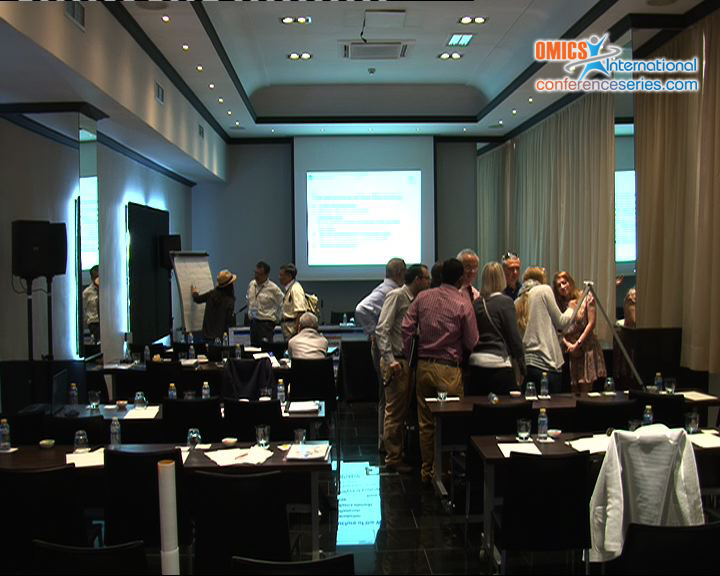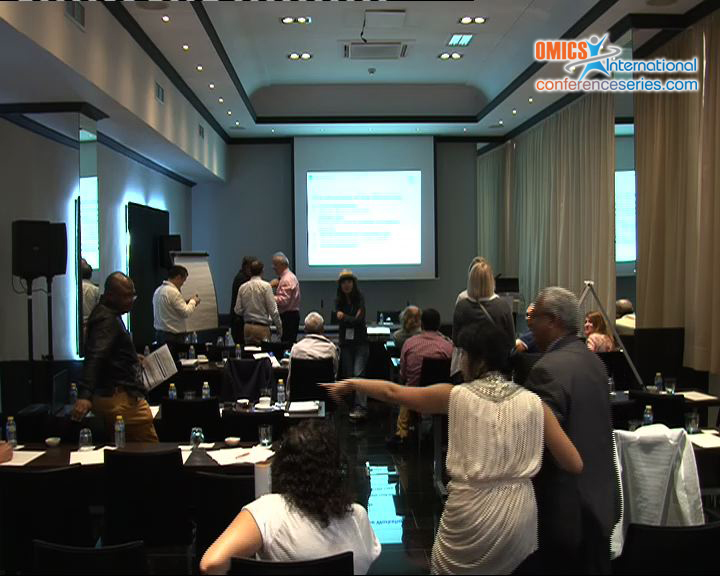
Georgios Dimadis
Aristotle University
Greece
Title: Impact of CO2 saturated water solution on Grevena sandstone, a potential deep aquifer for carbon dioxide sequestration
Biography
Biography: Georgios Dimadis
Abstract
Global warming might be the most difficult challenge humanity ever faced, emitting less greenhouse gases seems to be the only solution to the problem. The major greenhouse gas, CO2, is closely related to economic and social growth. Keeping both, growth and low CO2 emission is a challenge. Green energy sources (wind, solar energy) can contribute in greenhouse gas emission control but not on time. The most promising technology for immediate results is CO2 capture and underground storage. Even though Greece has reduced CO2 emissions per capita during the last decade (mainly due to austerity) has still to find solutions for long time sustainability. Potential CO2 storage sites has to be selected and tested. By injecting CO2 underground, acidification of deep saline reservoir water occurs, due to formationof carbonic acid. In long term porous rockmass and their discontinuities might be susceptible to corrosion, especially if their calcite percentage is high.Potential rockmass mechanical losses might impact reservoir’s sealing integrity, and lead at CO2 leakage. In this study sandstone from a potential storage formation in Greece, is tested in situ with CO2-water exposure.We measured losses in mechanical properties under static and cyclic loading. Extracted conclusions were introduced in computer simulation to estimate long term reservoir behavior.


